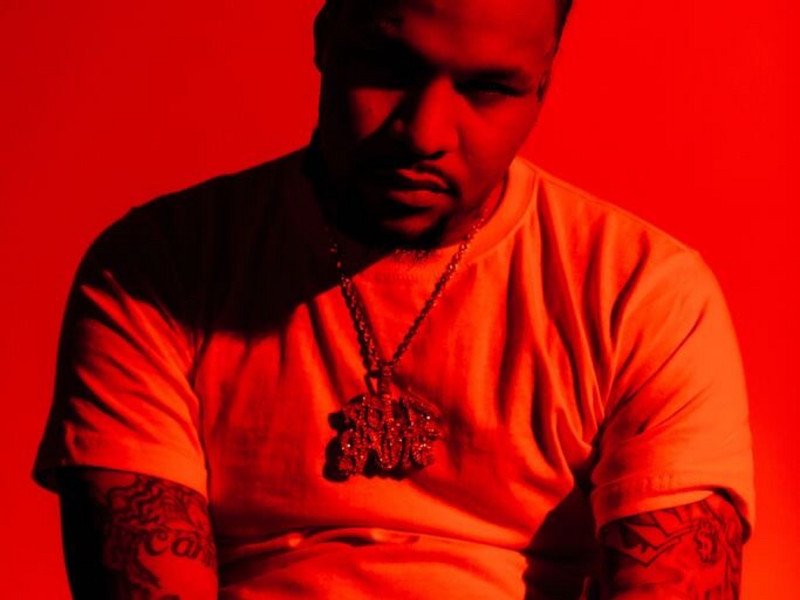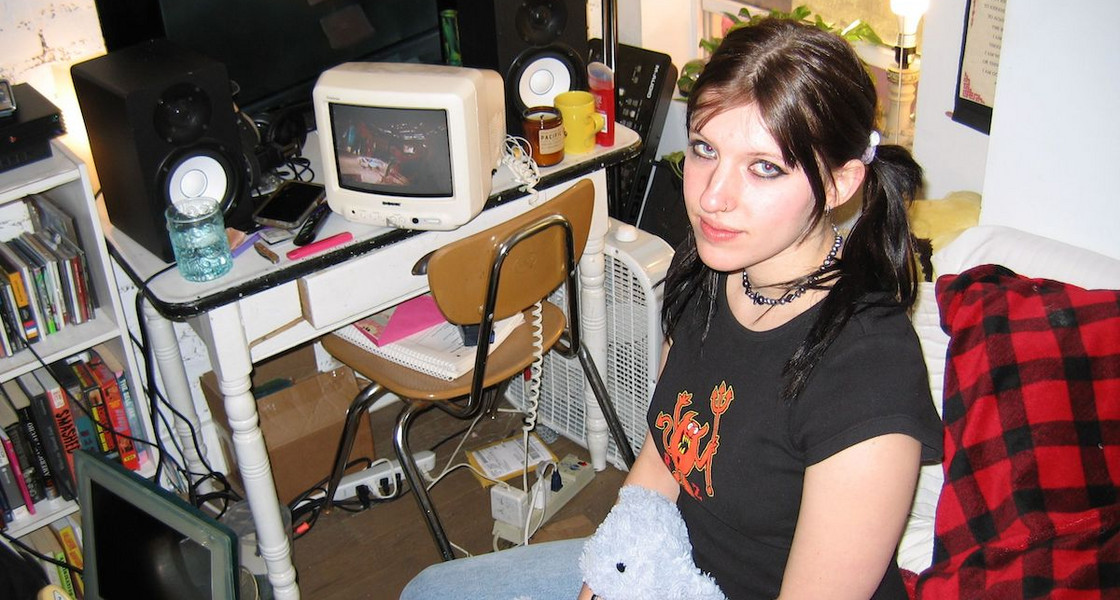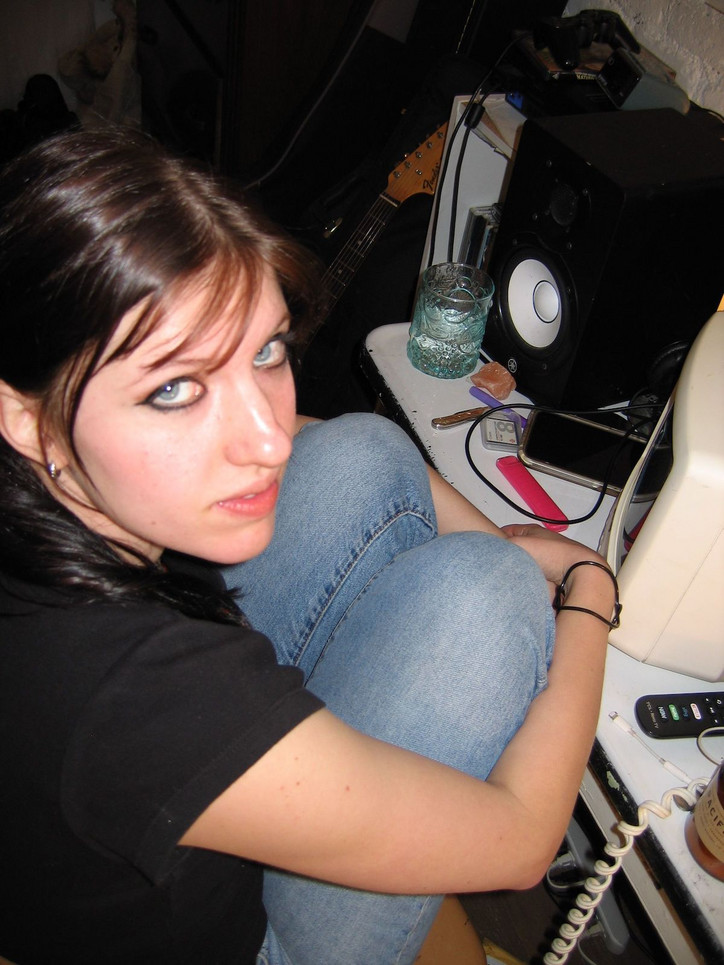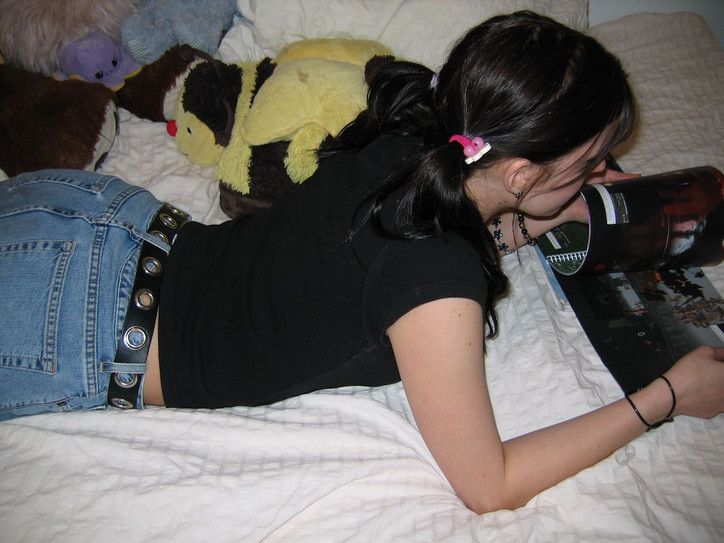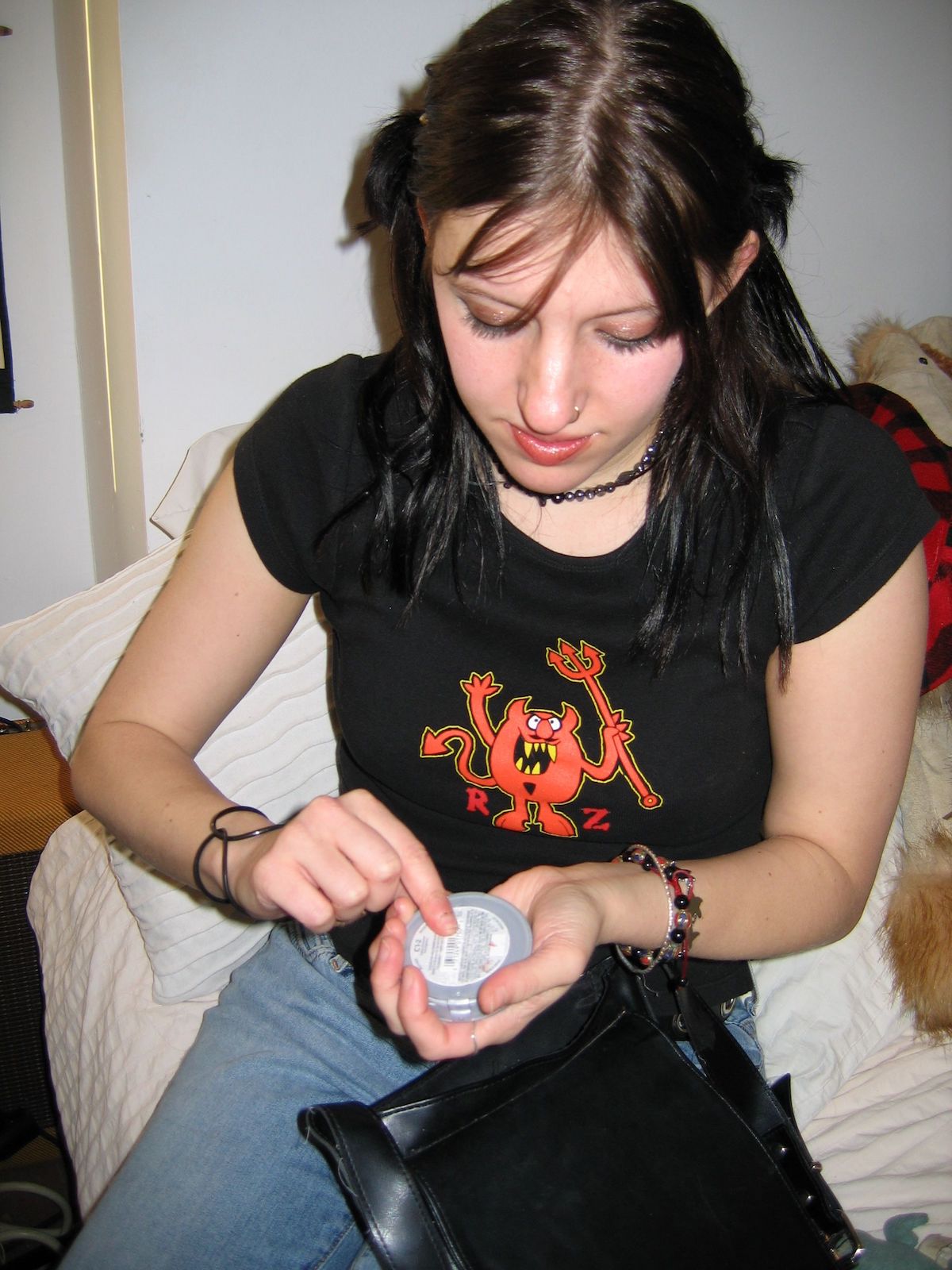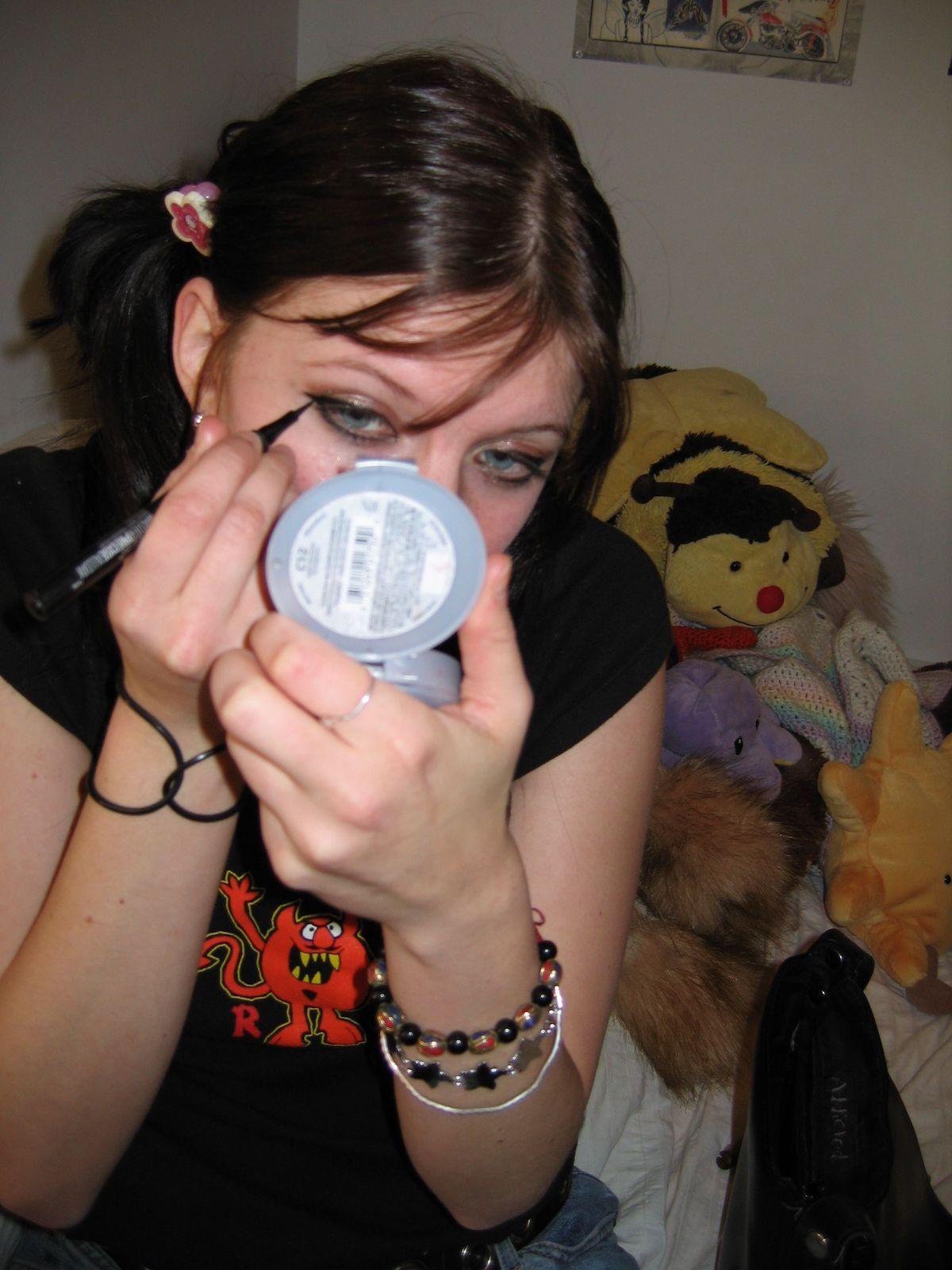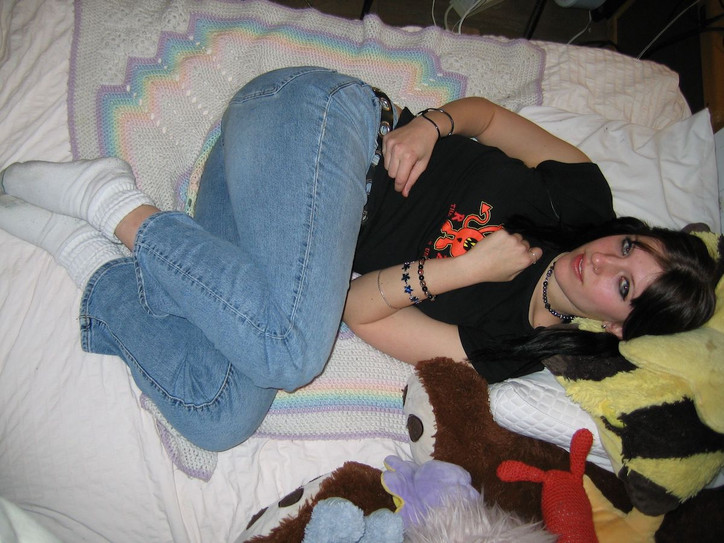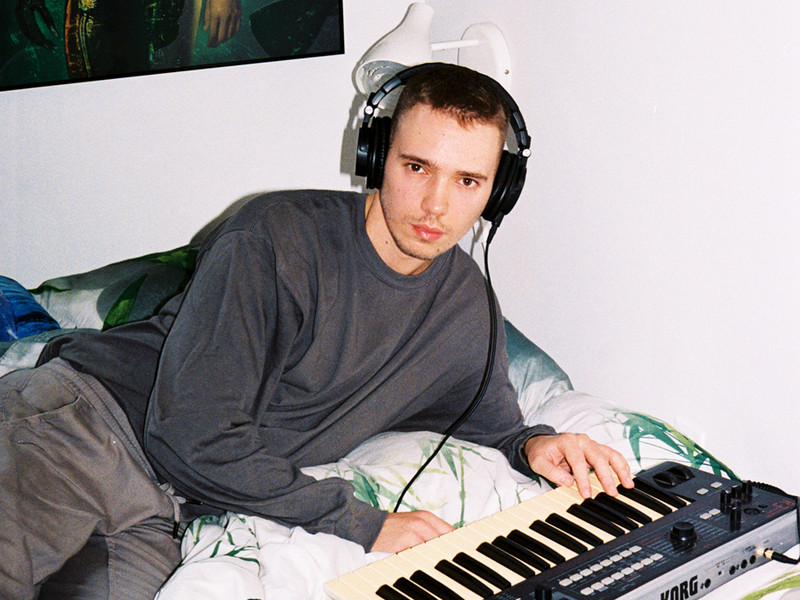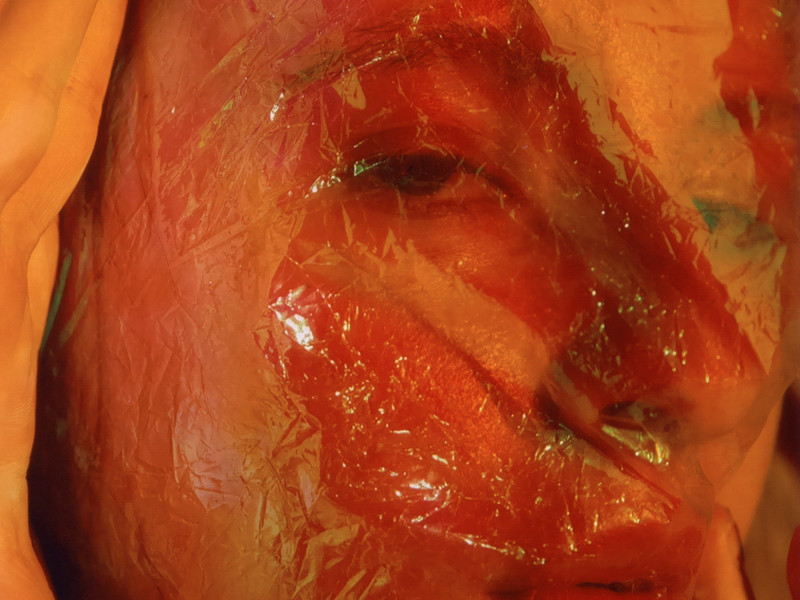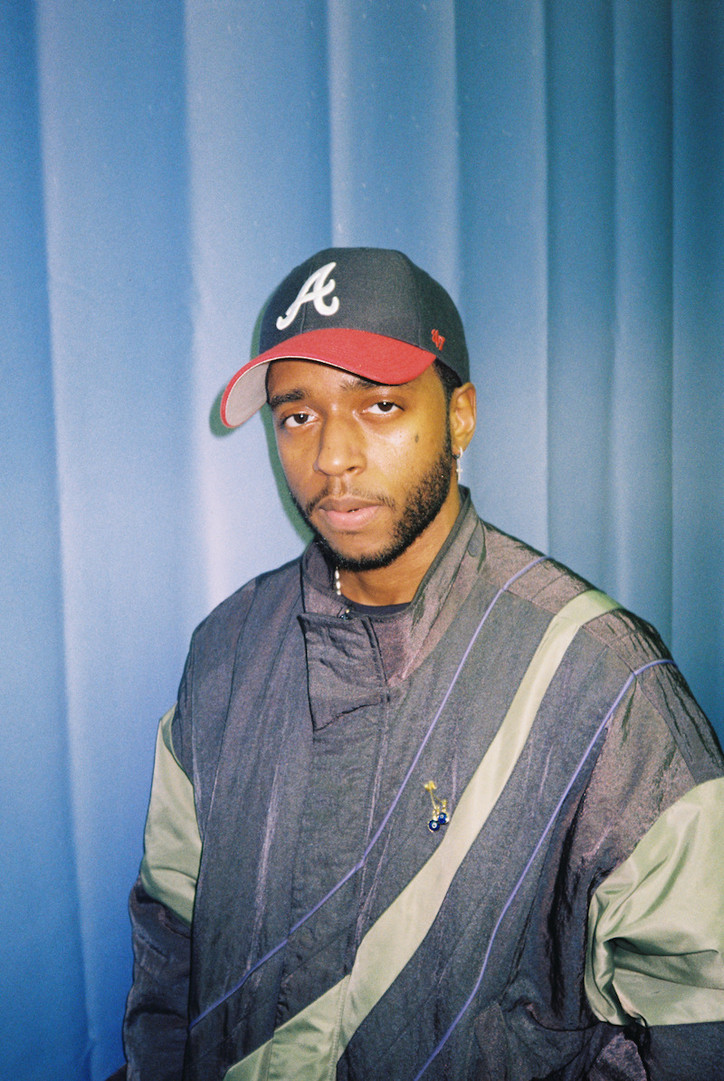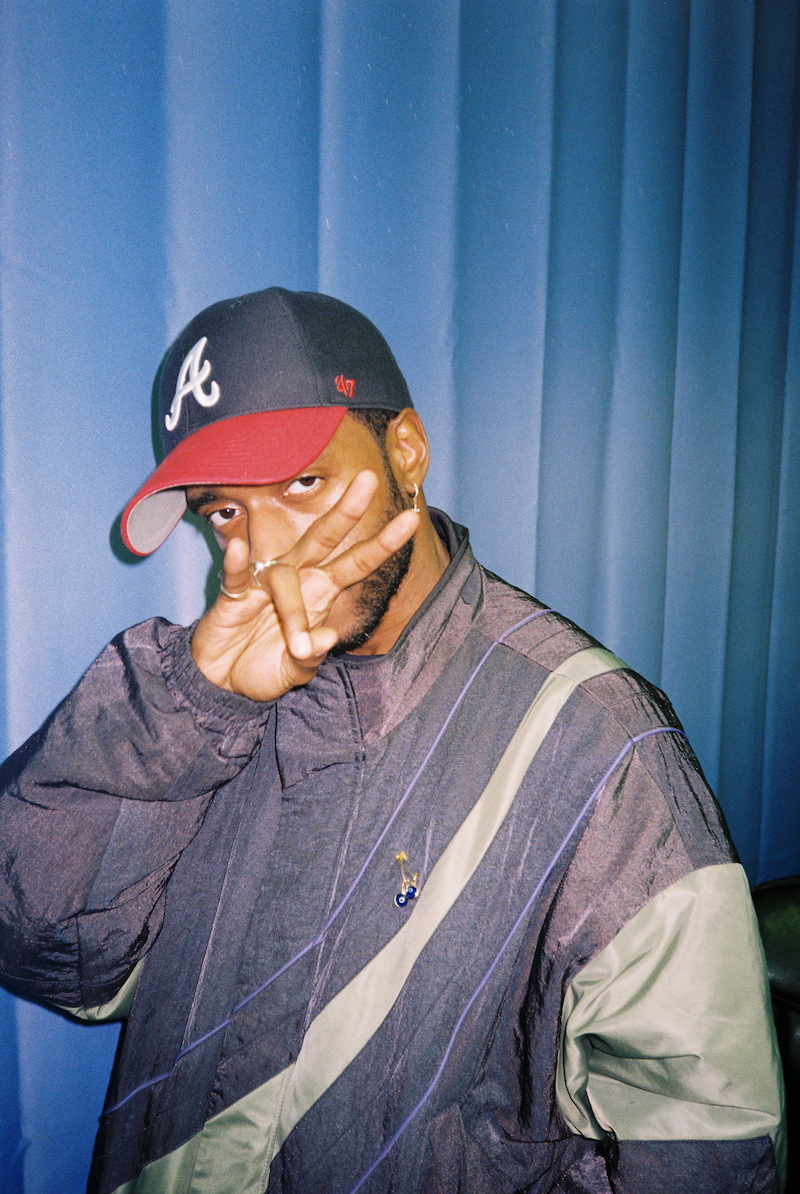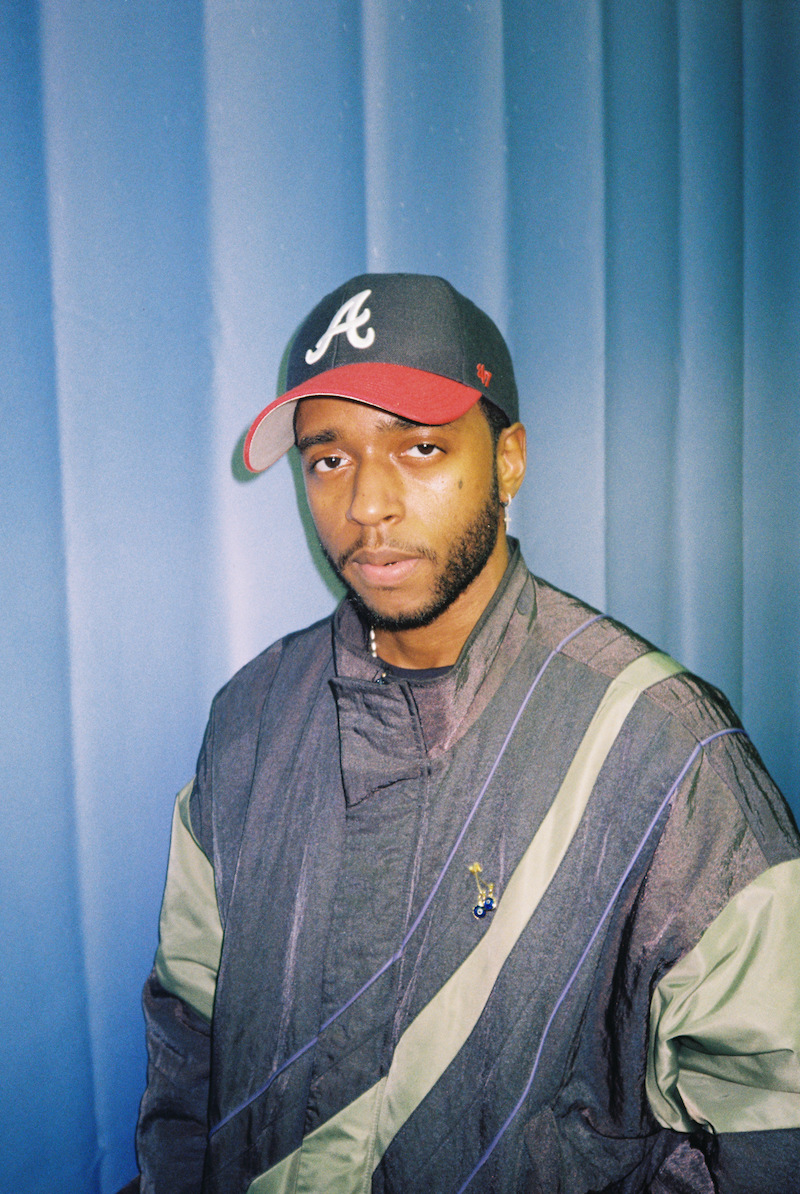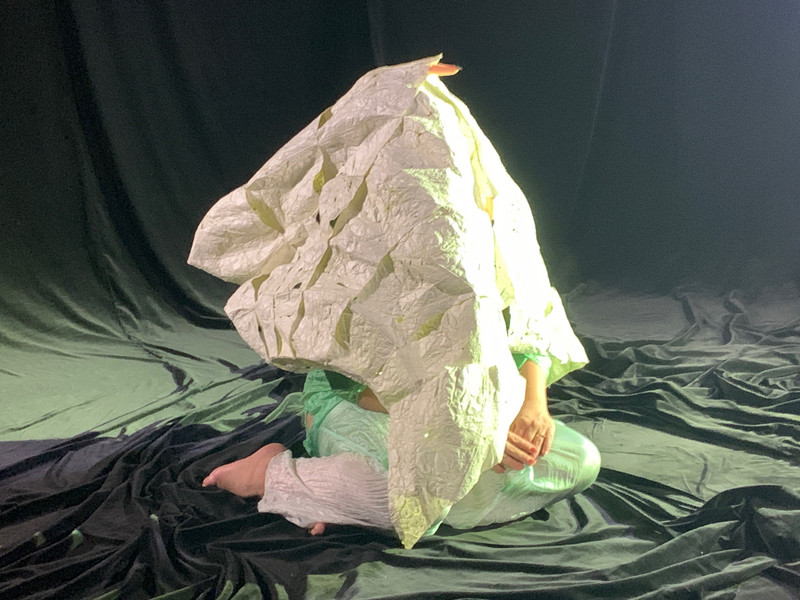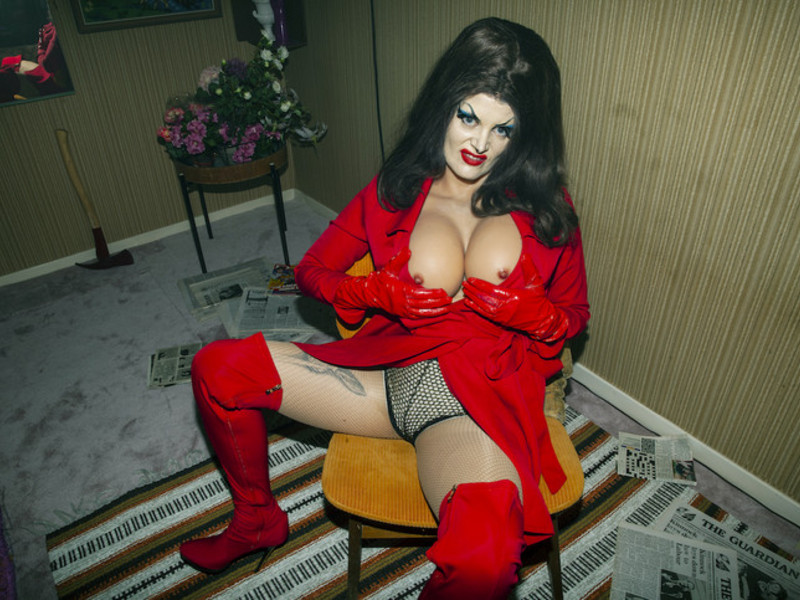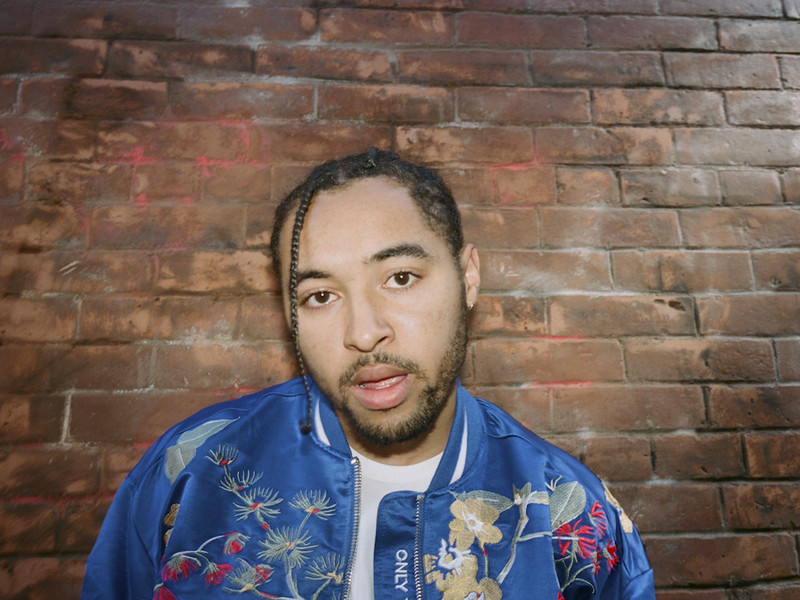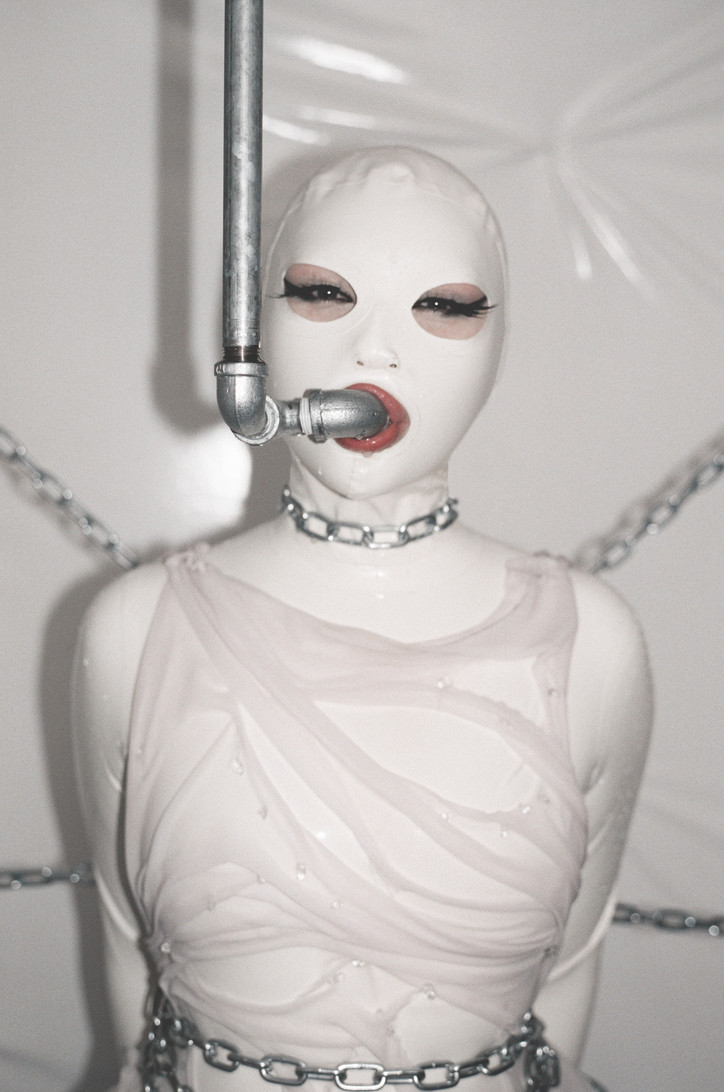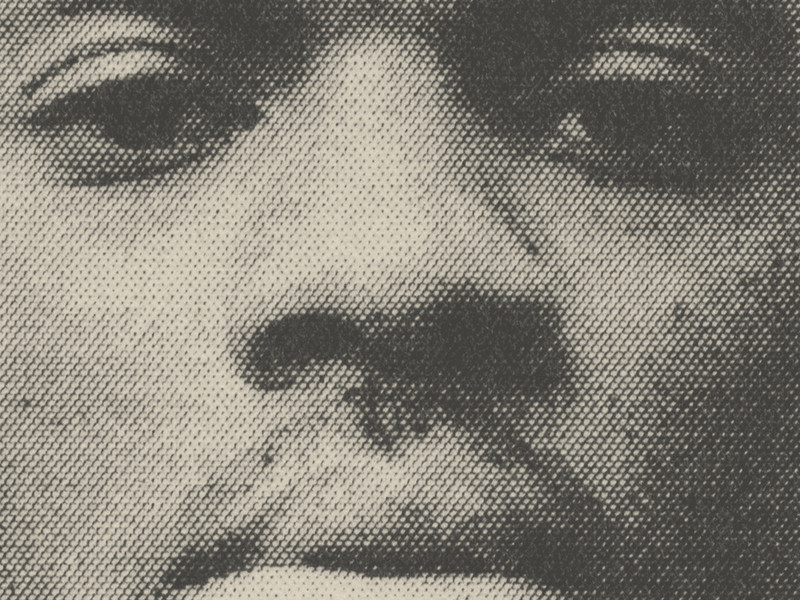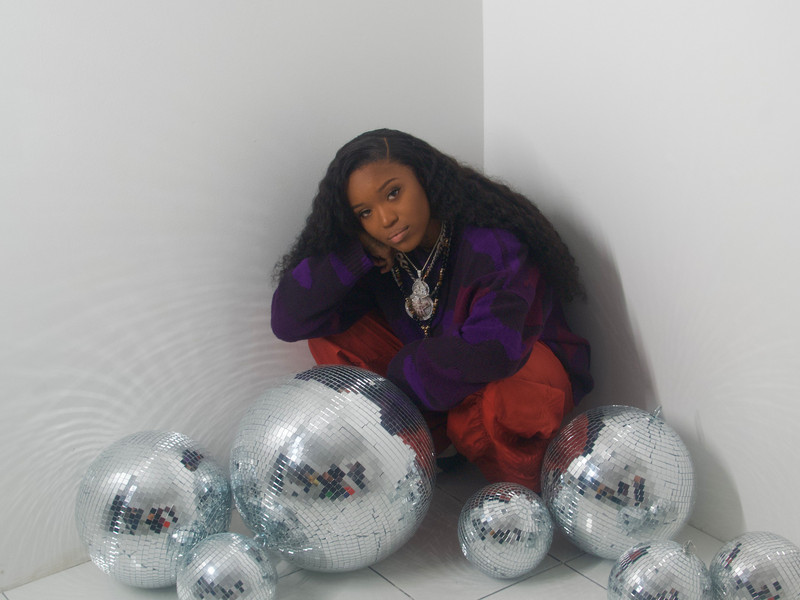Run Wild
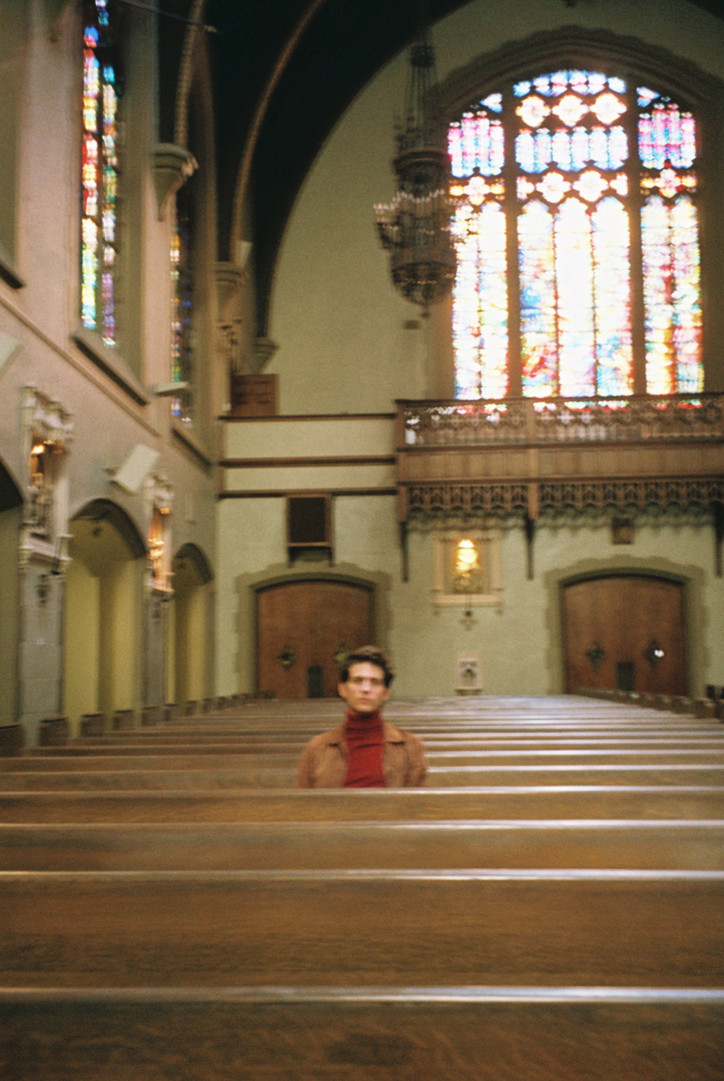
"Run Wild" is one of the many songs on this album that does more than blend genres. His musical realm invites melodic ease with disruption, sweet-sounding anxiety that constantly subverts expectations and demands attention. Needless to say, I’m a fan. Below we discuss the delicate balance and imbalances between the process of making work, artistic integrity and self-preservation in the mix of it all.
Adinah Dancyger I'm going to cut to the chase—we need to discuss "Run Wild." Congratulations. I've heard so many different songs in so many different iterations and you chose to put this one out. How do you feel about it finally going public?
John Errol Well, it actually came out accidentally 2 weeks ago without me knowing, so I've already dealt with any worst-case-scenario anxiety around releasing music at this point.
AD Can you elaborate on "accidentally"? And why does releasing music give you so much anxiety?
JE Somehow our distributor let the song go live. It was funny, though, because the song is kind of about fear--you know, the fear that comes with putting yourself and the work that you make out into the ether. Fear of its reception, how it translates, etc. So it was one of those weird art-imitates-life-imitates-art moments. Were you ever afraid of getting shots from the doctor as a kid?
AD Absolutely.
JE It felt kind of like getting a shot or a vaccine. You have this really dramatic build up and anxiety leading up to the needle. The nurse has cleaned your arm with alcohol and you're mentally preparing yourself for this epic, catastrophic moment. And the doctor begins the countdown -- "3, 2" -- but injects you on the 2, the moment you were least expecting it. That's what the release of "Run Wild" felt like.
AD What I’m hearing is that this particular release was very important to you. What is it about "Run Wild" in particular -- what was more at stake?
JE Well, I did exactly what one should not do in the position I was in last year. In some twisted universe, "Dead Man Walking" put me in a position where I could advance myself if I had my shit together. And I did the exact opposite of capitalizing on any momentum by just going completely silent. I let professional relationships sputter and die. I kind of burned my life down to the ground -- lost a lot of friends, was a bit depressed, as you know—very unsure of how to proceed going forward. Because music has always been, you know, just like a fact. There was never really a motive or explanation as to why I was making it. There was no "story" or plan, no endgame I could envision. And all of a sudden those questions were the only questions I was hearing.
AD You can definitely hear that anxiety in the song. Even though they’re effortless in a lot of ways, you can hear an anxiety in all of the songs I've heard.
JE Totally, they’re nervous. There’s actually a metronome clicking throughout "Run Wild" which specifically tributes that kind of anxiety. I've always have bad timing rhythmically -- and I guess bad timing in life too! But the metronome was always the most traumatic point of piano as a kid, just clicking away while I'd run scales. I think bad timing is a product of anxiety—knowing there’s a clock there, going "oh fuck how do I lock into this rhythmic grid?" which leads to a spiral of overthinking.
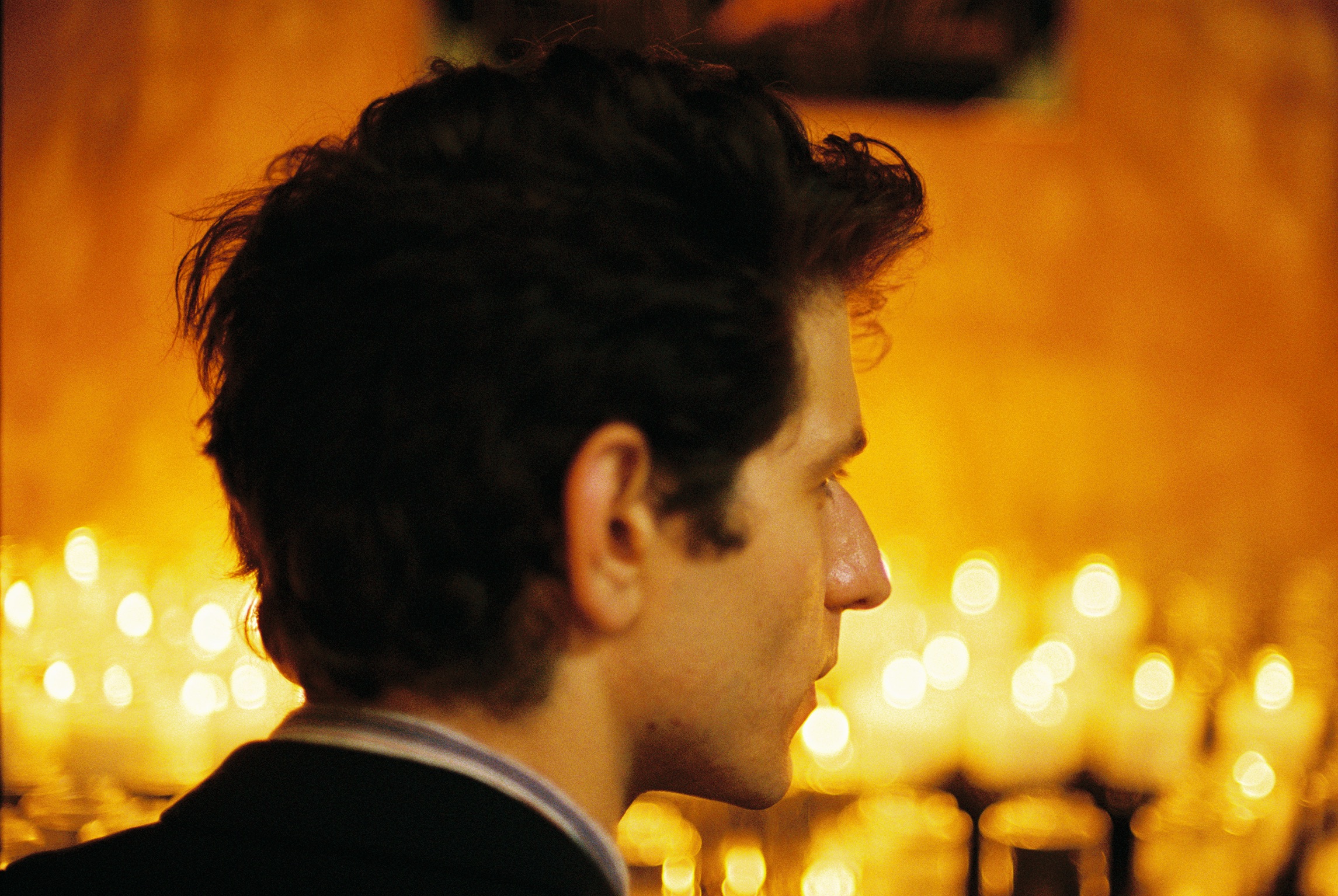
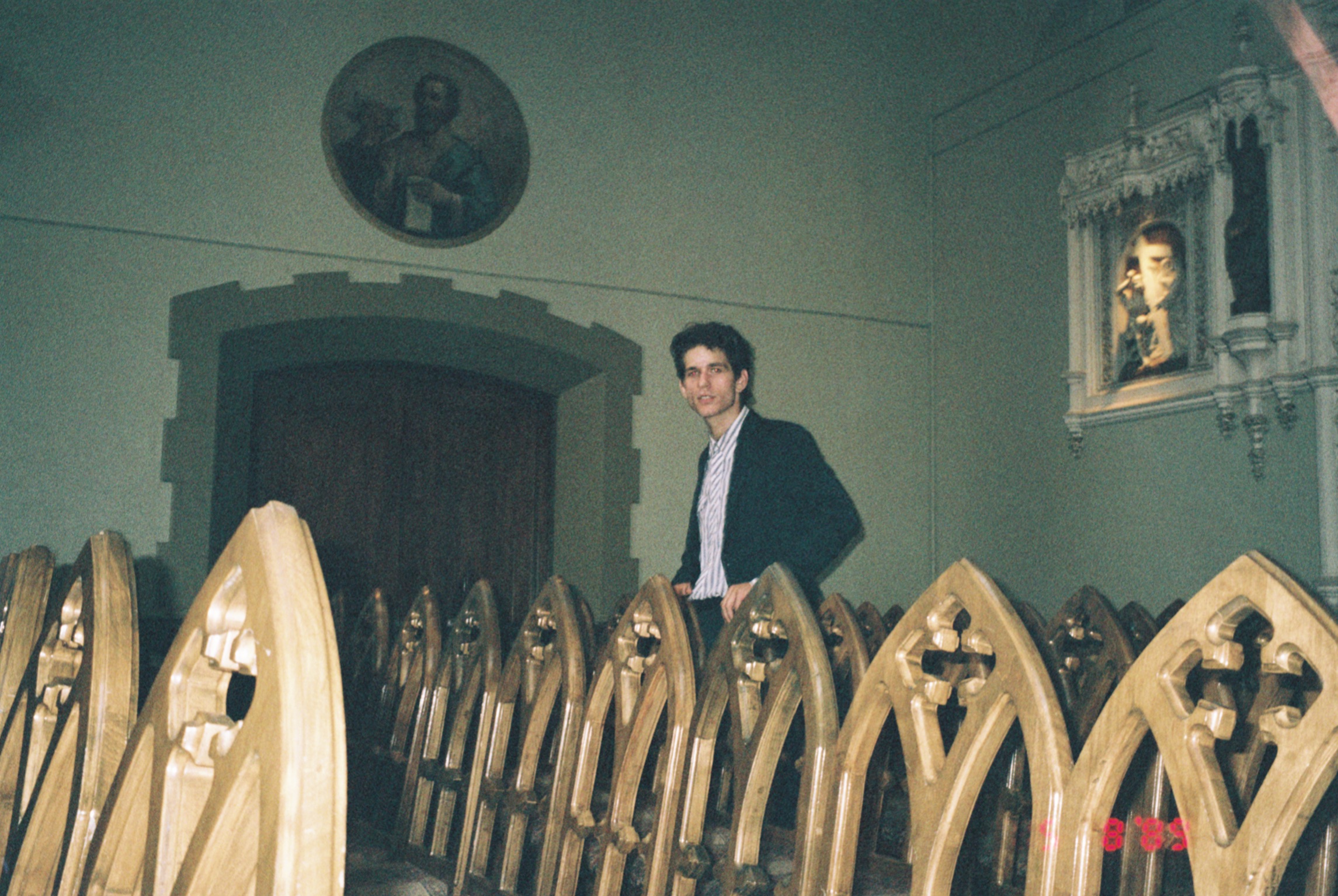
AD Yeah, the song feels very nervous in a great way that feels raw and honest. I like that your productions aren’t perfectly manicured, which I know is a creative and technical choice you’ve made both in the production and mixing of your material. There's--I don’t know what the right word is--but there's a lot of texture to it.
JE Totally, texture is a great word. I like to think about distortion as a practice and psychological experience. What distortion is or how it began was just an audio signal being driven too loud and it fucking up the integrity of the audio. I really like that motif in how it applies to a person's experience of life. A distorted reality, a distorted view of yourself.
AD I wanted to talk about some of the lyrics in "Run Wild". Unlike "Dead Man Walking", these feel almost uncomfortably personal, which I think can be written off as being mysterious or strange to someone who doesn’t know you. Which I think can be a good thing too.
JE It’s funny, sometimes the most personal lyrics and statements, even in literature and stuff, are the most alienating. To me, it feels really disorienting when an author makes themselves, their bodies or real lives known in a fictional universe because it—
AD Takes you out of the imagined space?
JE Because it takes you out of the imagined space! As a reader or listener or whatever, it zaps you out of any ownership you might feel. "Run Wild" there are very specific lines that glance at this voiced history...but are never really explained beyond that point. There's no context provided. So as a result, these extremely personal moments become kind of self-contained and preserved.
AD I want to talk about that line where you mention Granddad specifically, a person I know that is so special and close to you. It really sticks out to me.
JE Totally, that’s what all of my friends say—that the Granddad line is kind of jarring.
AD It’s a jarring word to say in a song, but it's also jarring to hear a line like "It started out so simple with a piano my Granddad gave / he always wanted me to play a song when I was little, but now he says my tune has changed" from an artist who refuses to show his face! It feels like a big gesture.
JE I can tell you lyrically it’s a very literal transcription of what happened last summer. I was thinking about how I started playing music, which began on the piano. My Granddad used to love hearing my lessons, especially when Rachmaninav’s Piano Concertos were involved. But last year, I was at my mom's house fiddling around on the piano I grew up playing. And within minutes Granddad burst into the room yelling at me to stop—"Stop playing, this is horrible, this isn’t music!" I think is almost verbatim what he said. It was pretty funny.
AD Oh my god.
JE But it was at that point that I wondered who I've ever been making music for, you know? Whether it was piano, doing it because my mother wanted me to, or playing guitar in the jazz ensemble in high school, or in college playing keys in that band [Starred]. My authority and authorship have always kind of been in flux throughout this whole music-making process. And that’s what "Run Wild" is about—it’s about trying to regain authority.
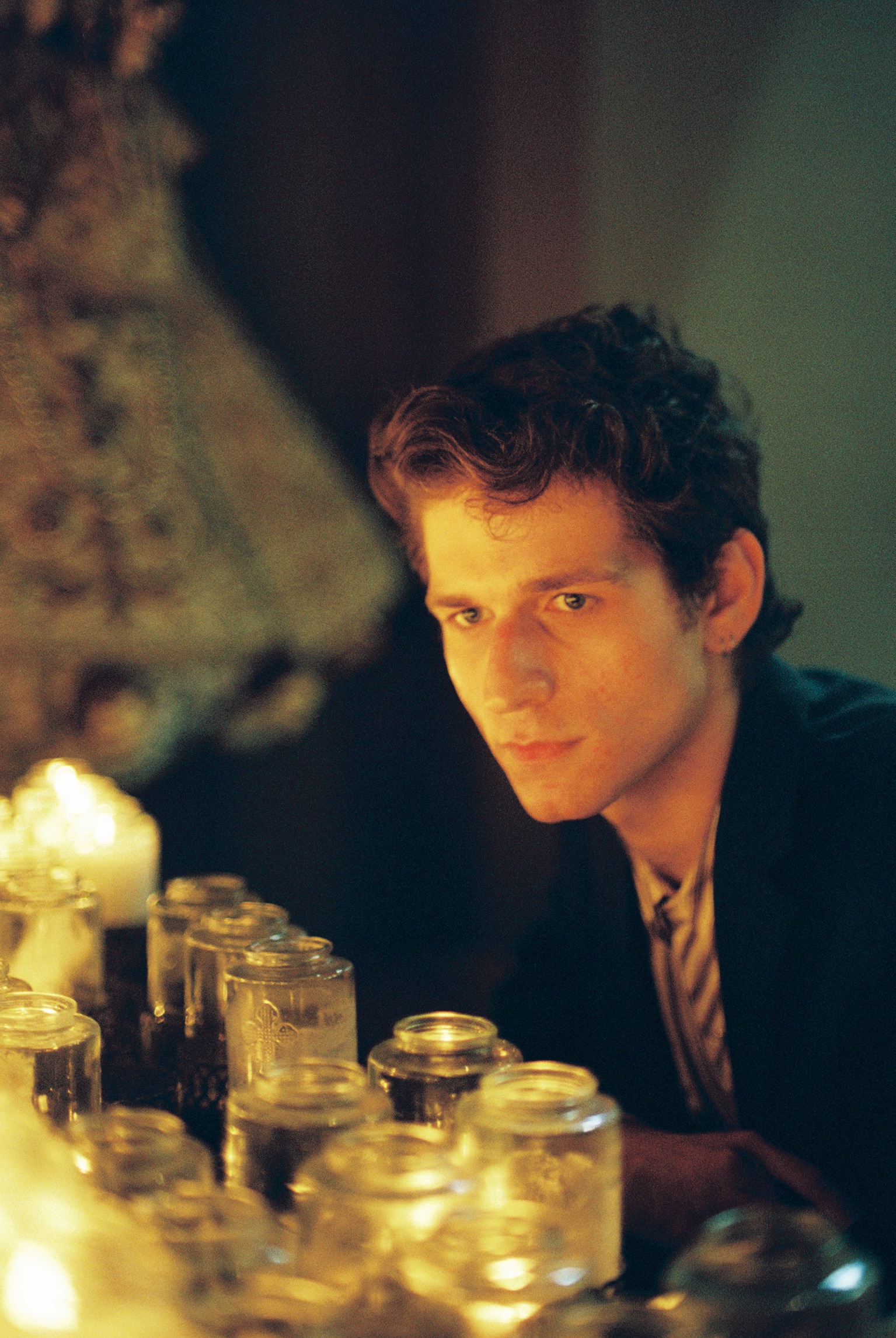
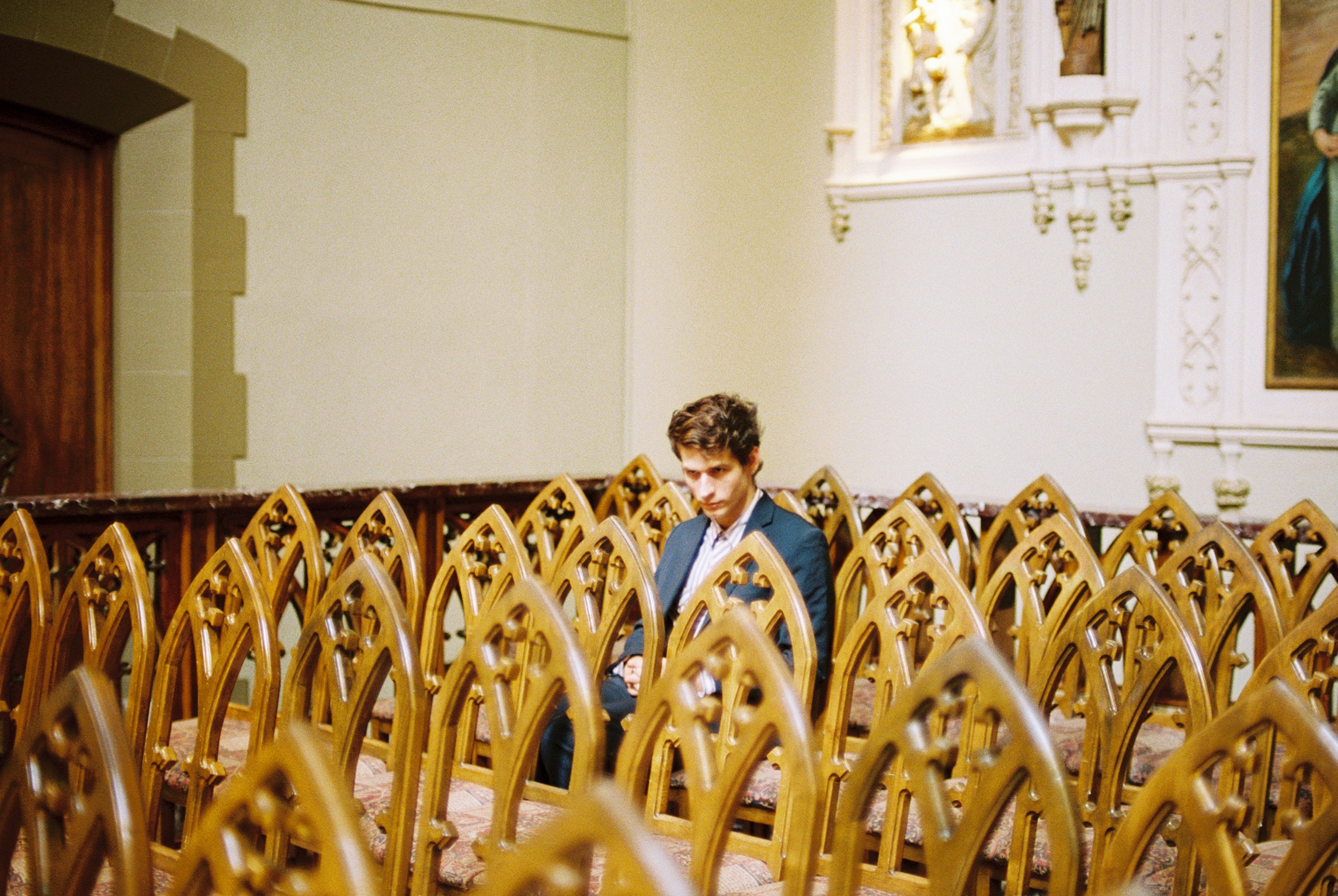
AD And maybe control?
JE Yeah. Maybe finding control in accepting that I can’t control anything [laughs]. I feel like navigating a music career is like a really extended and horrible game of telephone. You know, the game where you whisper something to another person and the original message gets so lost in transmission by the end of it. Last summer it felt like that -- like I didn’t even know what the original message was to begin with.
AD The original message of the song?
JE The original message of the song, but general to any of the music I had been making at that point. Because I felt like I wasn’t doing it for me.
AD I've personally seen how the music, visuals and concept at large have transformed, and can attest to the fact that the project felt very influenced by other people in its beginning stages. But now it just feels like it really doesn’t give a fuck in a really nice way -- there’s no way to really pin-point what kind of genre or aesthetic it is. It's like you’re trying to create your own undefined orbit, which is hard to do when you set your own rules and have no point of reference.
JE I mean, I definitely do have very specific musical references...NIN, Britney Spears, occasionally Scott Walker & The Blue Nile. But in terms of a career to reference, I don't think there's a specific one to model mine after. At this point, I'm trying my best not to anticipate the end before I start the beginning...which I think can apply to making any kind of art. I feel like you definitely can attest to this too—that going into [making art] with the intention of its release or reception always contaminates the process.
AD Yes, of course. And it’s really hard to filter out the bullshit when you’re trying to successfully launch a career. I think that "Run Wild" reflects this tension nicely, between what you want and what is expected. Your music toys with the idea of something pretty, but always finds a way of destroying it.
JE I think it's like the artwork, taking a really beautiful image and fucking it up.
AD What motivates you to do that? Anger?
JE I think it’s like—it is like an anger, yeah. But an anger that’s directed inward, if that makes any sense.
AD Speaking of artwork, let's talk a little bit about the cover for "Run Wild" because people are asking. How did it happen?
JE Nic Viollet has been an amazing art director and is this quiet monstrosity of talent—thankfully I think people are starting to pay attention after doing the Moses [Sumney] EP cover. Anyways, I played Nic the EP and he said it sounded like this massive pop record that was discovered in a vault decades later. And when you played it back, the audio kind of glitched and was full of all these holes or noises. We wanted to have the artwork mimic this -- to have these beautiful, stylized images a bit mangled and burned.
AD The fire is a big motif for you.
JE Burning your life to the ground, the usual! But in terms of the logistical making of the "Run Wild"cover, I’m very spontaneous and have poor planning skills. Lili Peper usually shoots the artwork, but wasn't in town. So you and I just grabbed a disposable camera and shot what felt right. Then Nic took the images and did his magic. A John Errol production is usually trial by fire with no proper equipment, budget or planning. But I think some of the most spontaneous and technically limited work ends up being the best.
AD I agree. I think that especially when you're starting, limitations work to your advantage and make you more creative.
JE I always think back to your first short Chopping Onions. You had a very specific budget, framework, and time to work within, so you had to make something of the footage you shot. That's how I used to make music. I had very limited gear and technical knowledge, but had to make the most of it. But the more you learn, the more people get involved, and the more resources you can access give you more choices to make—the more choices you can make. I feel like choice is anathema to the creative process in a weird way.
AD And when you do get presented with whatever it is, like budget or gear or even ideas, you might get too ambitious, which can actually be detrimental. But I do think it’s different in your world because you don’t need that much stuff to make something epic.
JE Yeah, you can make epic music at a coffee shop with headphones. Though I don't think the same can be said of a James Cameron movie or something. You kind of have to consider the logistical production going into writing the script, right? You have to be realistic about budget, timing, location, a cast, crew, krafty, etc. How do you navigate that?
AD It certainly kills the romanticism of the idea, which at first feels like this beautiful little baby who's innocent and hasn’t experienced the world. Then it has to go through 3 different lives to finally be realized. And once it has been realized you’re just exhausted by it. And you have a very weird perception of it that’s an accumulation of so much time, effort, disappointment and occasional excitement. It sucks, sometimes to the point where you wonder "Why do it?" There’s a sincere amount of masochism that goes into both of these processes where you know you’re dying a little bit, but you need that energy to make it feel like it’s worth your time. Like you will go to the end of the earth even if it’s for a very minor part of your process. And who knows if that’s sustainable—I don’t think it is.
JE Hell no.
AD And I’m certainly trying to find ways to not be so attached.
JE Have you found any successful methods so far?
AD I think you treat making art more as a practice than a result. I think this the current issue with our generation of artists. You know I talk about this with Kaya a lot—can we just be making things without always having some expectation for what we make, or that it has to be recognized or validated publicly each time. Obviously the best thing to do is not think about any of that while you’re actually making work. Because there’s a time and place for that stress.
JE But even down to the artwork, the way it rolls out, the location of its release... you and I are both so invested in a totalized experience of the work. So how do you divorce yourself from that if every part of its experience is vital?
AD I think the place we’re in is that we both experience the pros and cons to freedom and full creative control. Nobody is telling us how to make things. It’s a really cool place to be in, but it also requires a lot more work to be done. The reason why we do all of these things on our own is because we don't have support. But the reason why we get to make the kind of uninhibited work we make is also because we don’t have support. There’s a creative liberation to take advantage of. But things change, and I hear your stress when you’re releasing things the more people get involved. The logistics can make everything feel like it’s not about the work itself; and the reality of it is that it’s not just about the work itself.
JE Yeah, it’s kind of like the age old proverb I was thinking of before I released "Run Wild". If a tree falls down in a forest and no one is around to hear it, does it make a sound? My answer is no at this point. I have firmly arrived at that answer: no, it does not make a sound.
Check out "Run Wild" below.

